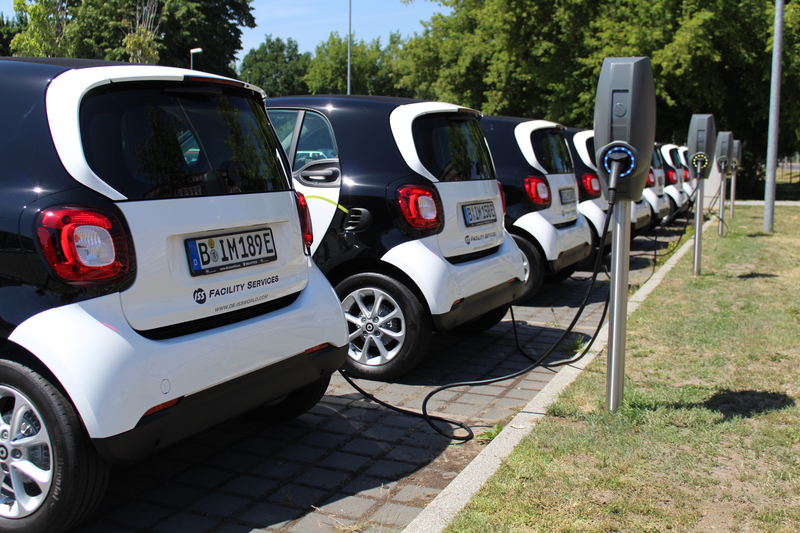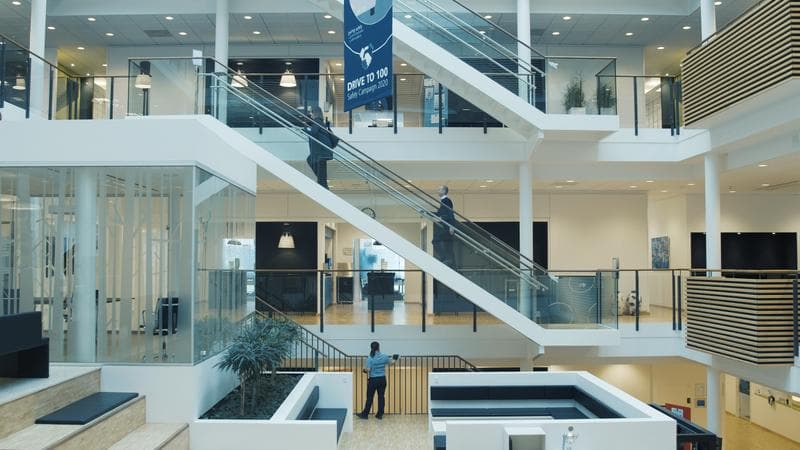Vattenfall is one of the largest energy producers in Europe and owned by the Swedish state. The company has a significant presence in Germany and is in the process of transitioning from nuclear and coal power to green energy production. Their aim is to achieve “fossil free living within one generation.” This focus on sustainable energy and living permeates everything they do.
A partnership is born
ISS began working with Vattenfall in Germany back in 2015. “Our first focus was to make sure our services were sustainable,” recalls Benjamin Simon, General Manager for ISS Energy Services in the Berlin/Hamburg Region. “We spent the first two to three years proving that we could actually deliver on that promise. And this was important if Vattenfall were to see us as a true partner.”
The ISS team worked on building an open relationship with Vattenfall, having frank conversations about opportunities, challenges and ideas. This ongoing dialogue helped to build a shared mindset, which became the key to the relationship’s success. As Benjamin explains, “The thinking behind this partnership approach actually really very simple: we only win if the customer wins.”
Walking the talk
Since sustainability is such a crucial part of Vattenfall’s business approach and strategy, Benjamin’s team began to identify areas where they could incorporate the same thinking within the ISS organisation.
“We implemented the global ISS Green Offices Programme at our own ISS offices, to show that we’re also on the journey towards sustainable energy usage. We also mirrored their strategy in our account structure and introduced a series of sustainability initiatives in our various service lines."
Powered by Vattenfall
The ISS team was constantly on the lookout for ways we could make Vattenfall Germany look better within the larger Vattenfall world.
One of the areas of improvement they identified was the existing mobility solution. ISS provides services at more than 300 Vattenfall sites in Berlin alone, and they used a fleet of diesel-powered vehicles to travel back and forth between sites.
“We decided to convert our fleet from diesel-powered, mid-size cars to smaller, electric-powered cars, which we can charge at many of the Vattenfall sites we service,” Benjamin explains. “We also built our own charging station at our ISS office in Berlin. Today more than 20 e-powered cars are in use with many more to come. Also, we enlarged this strategy to cover our other local accounts.”
The fact that ISS uses Vattenfall power stations to charge the vehicles is a critical element in the companies’ reciprocal partnership. “We are Vattenfall’s vendor, but we are also a customer, because we buy their power and use their charging stations. This has enabled us to move into a new dimension, where we actually give them feedback on how their products are working.”




